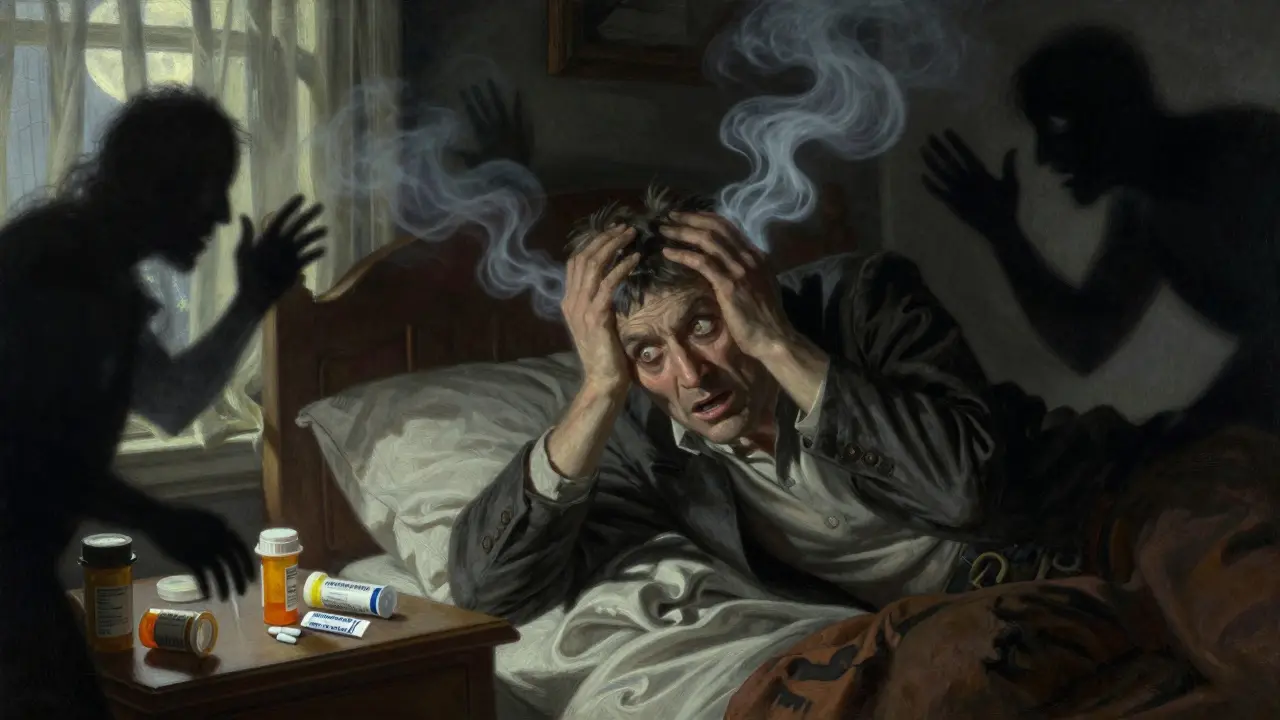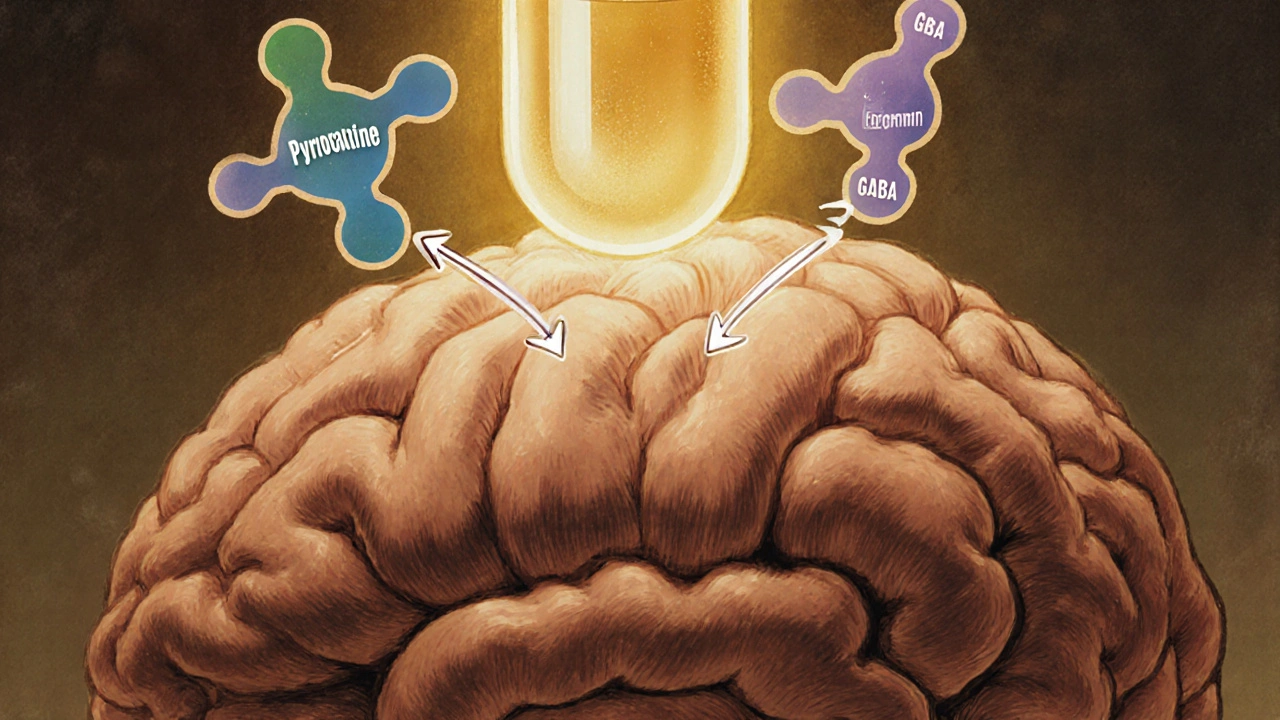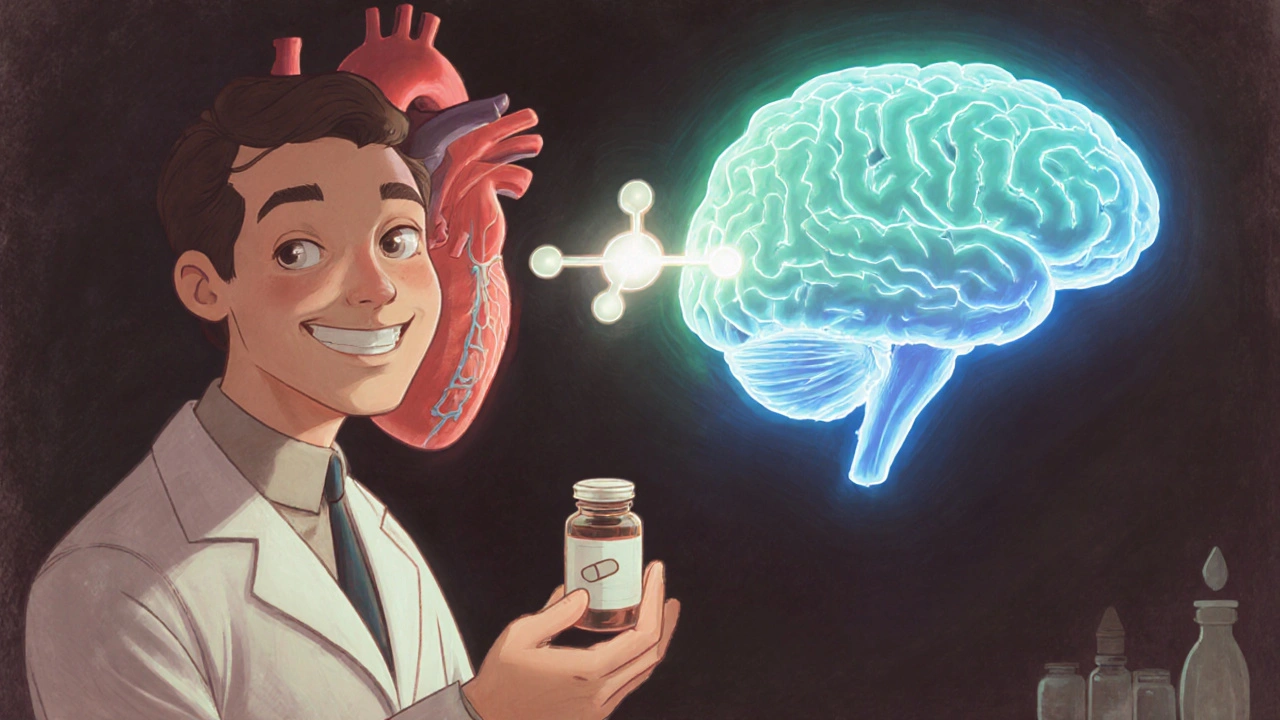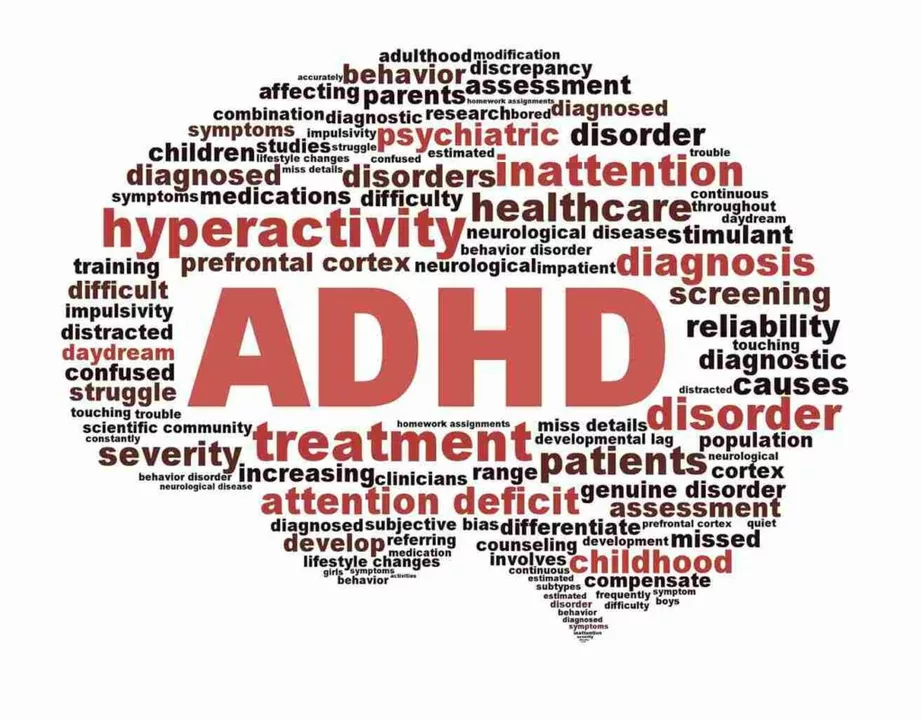Mental Health: Practical Guides on Meds, ADHD, and Day-to-Day Care
One in five people will face a mental health challenge each year, and many of them need clear, usable info about treatment. This category collects straightforward guides about common drugs, coaching options, and what to expect when starting or stopping medication. You won't find dense medical jargon here- just the facts you can use today.
We cover key medications like Effexor (venlafaxine) and atomoxetine because they come up often. Effexor is a widely used antidepressant that can lift mood but also brings side effects and tricky withdrawal for some people. Our Effexor article explains side effects, how the drug works, and practical steps to taper safely with your prescriber. If you take it now or plan to stop, the post gives realistic tips and red flags to watch for.
Atomoxetine is a non-stimulant option for ADHD that many people combine with coaching. Our Atomoxetine and ADHD coaching piece shares real experience: how medication improved focus and how coaching taught routines and accountability. Read that post for simple strategies to pair medication with behavioral support - things like breaking tasks into 15-minute blocks, using checklists, and setting one daily priority.
What you'll find here
Each article aims to answer three quick questions: What does this treatment do? What should I expect day to day? When do I call a professional? That structure helps you scan fast and act faster. Expect clear side effect lists, warning signs that need urgent care, and tips for talking with your doctor or pharmacist.
Practical tips matter more than theory. For example, if you start antidepressants, try keeping a simple symptom log for the first eight weeks - note sleep, appetite, mood, and any new sensations. If you stop Effexor, a gradual taper over weeks with close follow-up lowers the chance of withdrawal symptoms. If you use atomoxetine, give it time - effects can build over several weeks - and combine it with coaching techniques to fix habits, not just symptoms.
When to get help now
Call a clinician or emergency services if you notice severe mood swings, thoughts of harming yourself, sudden physical changes like trouble breathing, or high fevers. For less urgent concerns, book a follow-up with your prescriber, talk to a pharmacist about interactions, or connect with an ADHD coach for practical routines. You deserve options that fit your life.
Use the search or browse topics to find posts that match your situation. Each guide links to trusted resources, common questions, and real-life tips from people who've been there. Keep this page bookmarked - mental health care is a process, and having clear, practical info makes that process easier.
Also, check drug interactions before adding supplements or alcohol. Bring a list of all medicines, vitamins, and herbals to appointments. Ask your prescriber about generic options to save money and whether a pharmacist can help with pill organizers. If you feel dismissed, seek a second opinion or a mental health clinic with multidisciplinary care. Small changes can cut relapses and help you stick with treatment.

Medication-Induced Psychosis: Recognizing Symptoms and What to Do in an Emergency
Medication-induced psychosis can strike suddenly after starting a new drug-even common prescriptions. Learn the warning signs, which meds cause it, and what to do in an emergency before it's too late.
Read more
Obsessive-Compulsive Disorder: Understanding Intrusive Thoughts and How ERP Therapy Works
Learn how intrusive thoughts work in OCD and why ERP therapy is the most effective treatment. Understand the science behind the cycle of fear and how to break free - without medication or shame.
Read more
How Pyridoxine Helps Manage Stress and Anxiety
Explore how pyridoxine (vitamin B6) supports neurotransmitters, lowers cortisol, and can ease stress and anxiety, with dosage tips, food sources, and safety advice.
Read more
How Acetyl-L-Carnitine Affects Mood and Depression - The Latest Evidence
Explore how acetyl-L-carnitine works, its clinical evidence for depression, dosage tips, safety, and how it compares to other mood‑boosting supplements.
Read more
Effexor: Side Effects, Uses, Withdrawal & What to Expect from Venlafaxine
Effexor, known as venlafaxine, is a popular antidepressant that's helped many but also raises a lot of questions. This long-read breaks down how Effexor works, its possible side effects, withdrawal stories, and offers real-life tips for anyone thinking about or already taking it. You'll get facts, stats, and user-friendly advice without confusing medical talk.
Read more
Atomoxetine and ADHD Coaching: A Winning Combination
As someone who has experienced the benefits of Atomoxetine and ADHD coaching, I can confidently say that this combination is truly a winning one. Atomoxetine, a non-stimulant medication, helps me manage my ADHD symptoms effectively, while my ADHD coach provides personalized guidance and support. Together, they have improved my focus, organization, and overall well-being. I highly recommend this powerful duo for anyone struggling with ADHD. Trust me, it can be a game-changer!
Read more